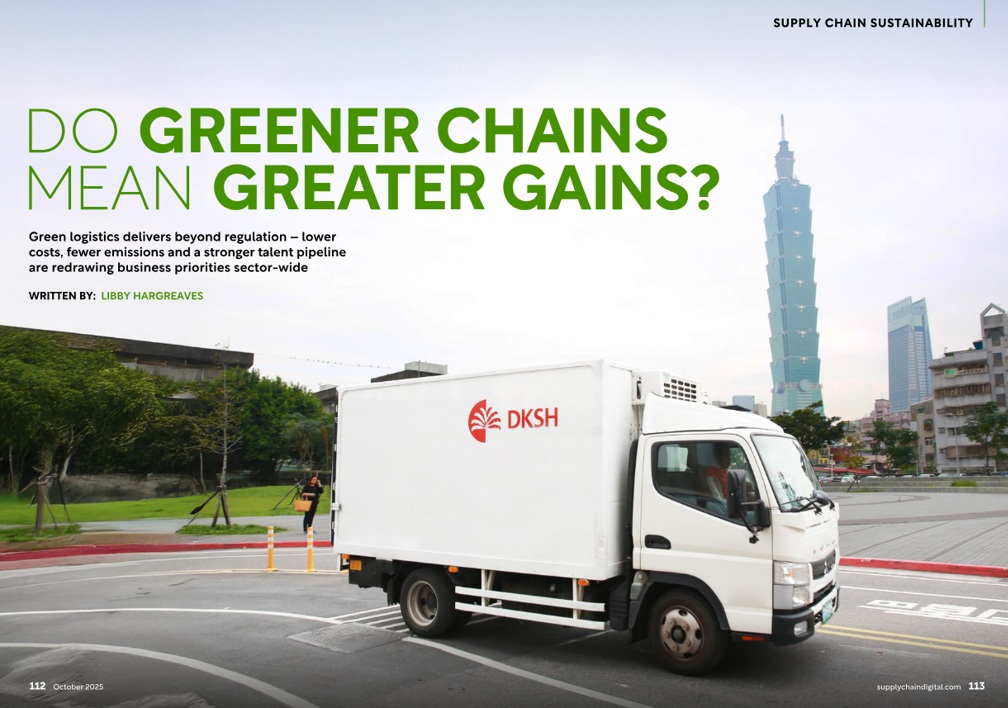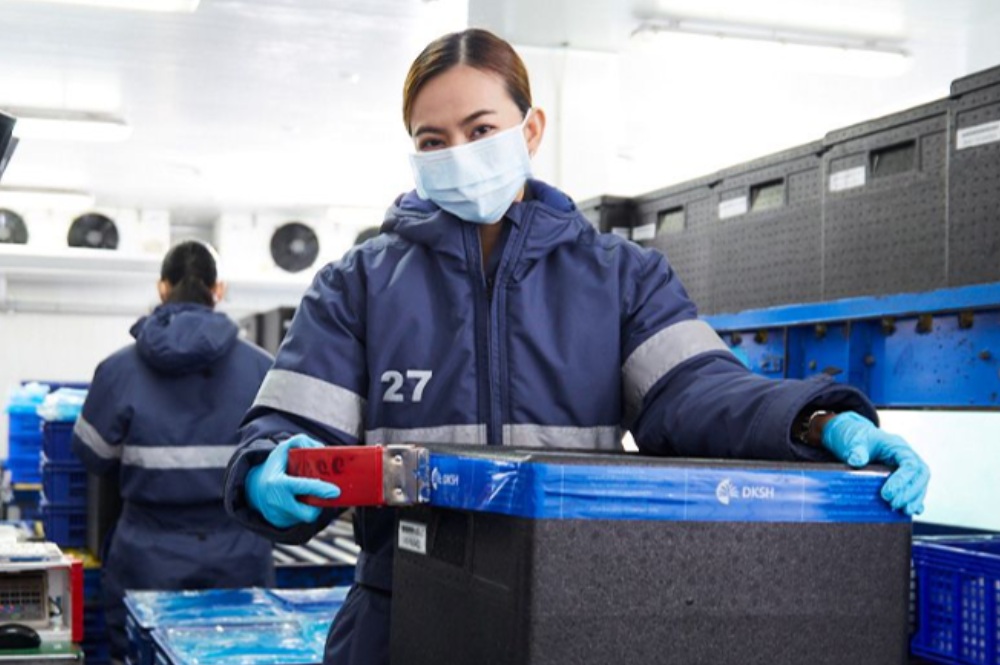Once viewed as a stakeholder bonus or compliance exercise, green logistics is now a defining measure of business resilience, cost-efficiency, and corporate responsibility. As logistics accounts for 11% of global greenhouse gas emissions – according to the World Economic Forum (WEF) – and freight volumes continue to climb, the sector faces mounting pressure to decarbonize. The pressure goes beyond regulation, reflecting a growing business case for long-term competitiveness, part of which includes sustainable practices to reduce emissions, lower costs, and offer insurance against geopolitical and economic shocks.

Across industries, businesses are waking up to the fact that green logistics is no longer simply about doing the right thing but doing the smart thing. The use of alternative fuels, electric vehicles, smarter route planning, and digital tools, now offers additional benefits such as fuel savings, greater delivery efficiency, compliance with regulation, and consumer value. In emerging regions, including the Gulf Cooperation Council (GCC) and China, investment in sustainable freight solutions is accelerating fast. They are bypassing legacy systems which more established green players had to navigate, instead opting for modern, advanced clean technology.

Delivering Sustainable Care
Businesses that act now will adapt more easily than those scrambling later. However, that is not to say they will not face challenges. In the Asia Pacific, DKSH operates one of the region’s most expansive healthcare logistics networks.
“My goal is to enhance the effectiveness and efficiency of our supply chain operations to strengthen client as well as customer partnerships and support DKSH’s push towards increased sustainability,” Supattra Sukarom, Vice President, Group Supply Chain Business Partner, Healthcare at DKSH, says. The complexity of DKSH’s work means logistics must be not only fast and reliable but also environmentally responsible. Still, it is clear that challenges remain.
“One of the biggest challenges companies face is infrastructure readiness,” she says, pointing to gaps in electric vehicle coverage and multimodal options across Southeast Asia. Whilst sometimes tricky, Supattra emphasizes that these challenges are worth it for the long-term gain. “These costs should be seen as strategic investments.”
DKSH has already seen returns in reduced emissions and improved efficiency. “We focus on both operational and environmental metrics,” Supattra says. These include Scope 1, 2 and 3 emissions per tonne‑kilometre, waste reduction, and fleet electrification. “We recently collaborated with a partner company to measure the sustainability of a new packaging initiative we introduced in Thailand as a start.” Supattra believes collaboration is non-negotiable. “Sustainability is a shared responsibility,” she says.
DKSH includes sustainability clauses in supplier contracts and provides shared tools, leading to local success in Thailand, Vietnam, and Hong Kong. Supattra asserts, “Sustainability should be viewed as a core part of overall business strategy and a globally conscious responsibility to build a more resilient and environmentally responsible supply chain that benefits the healthcare industry, our partners, and the environment.”
This article was part of a story published in Supply Chain Digital.